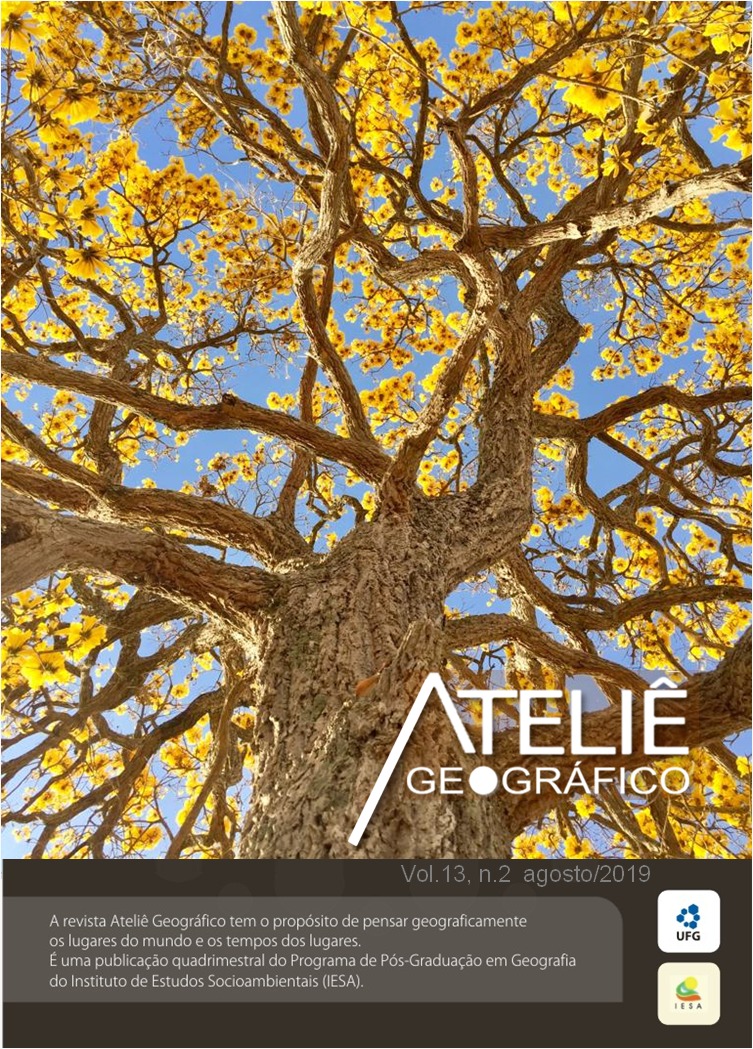Pluriactivity in rural settlements: is it a kind of exclusion, inclusion or permanence in the field?
DOI:
https://doi.org/10.5216/ag.v13i2.54116Abstract
The organization of the rural production has been defined by a diversification which varies from specialization to the plurality of activities, from production in large companies to the production in small ones. The organization in a small property focused on family farming produces a dynamics which involves agricultural activities, secondary activities and non-agricultural ones. The combination of agricultural/secondary activities and non-agricultural activities, in the same property, seems like an option for settled family farmers, a practice which is called pluriactivity. The objective of this article is to analyze different perspectives seeking to understand the role of the pluriactivity for the farmer in settlement conditions. It’s considered as an objective to highlight positive and negative aspects of pluriactive practices and, therefore, be able to answer if the pluriactivity in settlements can be a kind of exclusion, inclusion or permanence in the field, from theoretical and empirical studies. The studied area is the Geographic Microregion of South-west of Goiás state, in the settlements of Agrovila Rio Verdinho in the municipality of Rio Verde (GO) and Nossa Senhora de Guadalupe in the municipality of Jataí (GO).
Keywords: Pluriactivity, Family farming, Settlements.
Downloads
Downloads
Published
How to Cite
Issue
Section
License
Autores que publicam nesta revista concordam com os seguintes termos:- Autores mantém os direitos autorais e concedem à revista o direito de primeira publicação, com o trabalho simultaneamente licenciado sob a Licença Creative Commons Attribution que permite o compartilhamento do trabalho com reconhecimento da autoria e publicação inicial nesta revista.
- Os autores não serão remunerados pela publicação de trabalhos na Revista Ateliê Geográfico. Além disso, os conteúdos publicados são de inteira e exclusiva responsabilidade de seus autores, ainda que reservado aos editores o direito de proceder a ajustes textuais e de adequação às normas da publicação.
- Autores têm permissão e são estimulados a divulgar seu trabalho online (ex.: em repositórios institucionais ou na sua página pessoal), já que isso pode gerar alterações produtivas, bem como aumentar o impacto e a citação do trabalho publicado (Veja O Efeito do Acesso Livre).


